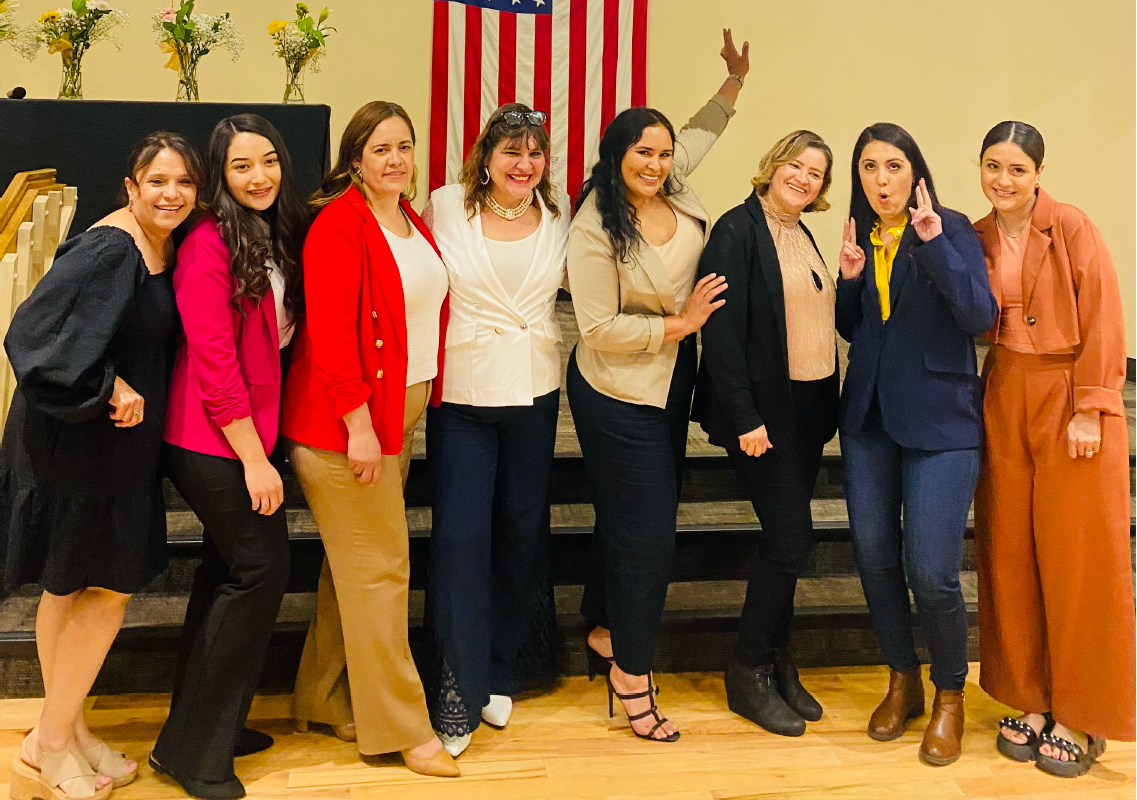To better understand how the new universal preschool program could work for all, Early Milestones Colorado interviewed families in the summer and fall of 2023 about their experiences finding child care and early learning services for their preschool-aged children. We spoke to families who identified as Black or African American and lived in Aurora, Colorado. Family insights illuminate several areas where the early childhood system might better serve those from marginalized backgrounds.
We summarize some of the key takeaways from the interviews. For more information about this study and the participants, please see the full report. All names have been changed.
Families Experience Difficulties Accessing Affordable Child Care
Struggling to access affordable child care was a common theme for participants. Many used the Colorado Child Care Assistance Program (CCCAP) to pay for care. However, there were restrictions on family choice due to a lack of CCCAP-accepting programs and few openings in the programs that accept CCCAP.
“I took [my son] there because I had to. It was close, I wasn’t mobile, I was a single parent, and they had openings.” – Arlene, mother of 4
Families not using CCCAP also struggled to find programs with availability and sometimes were unable to afford care for all their children.
“No. We can’t afford to have both of them in school. That would be more than we could afford…Not only that, they have a wait list that’s over a year long.” – Nina, mother of 2
The shortage in available and affordable child care forced families to make choices such as taking their children to work with them, quitting jobs to stay home with their children, and cobbling together child care with friends and family.
“I work until [six] when daycare closes. So, sometimes my mom will pick [my son] up. Sometimes his other grandmother will pick him up, and then she’ll come pick me up.” – Mercedes, mother of 2
Parents also felt irritation about geographic limits on support for early learning programs, especially when crossing between counties for school, work, and housing.
“DPP [Denver Preschool Program] was a setback…you can’t qualify just because you don’t live in Denver, even if you might financially need it.” – Brittany, mother of 5
Colorado needs to think creatively about how to fund assistance plans and increase available child care space. Doing so will give all families access to affordable care that works for their situation.
Parents Search for Diverse Quality Child Care Programs
Parents wanted care and learning programs that matched their racial and ethnic identity and were responsive to their family culture. Parents hoped for school settings where children could see themselves reflected and where parents could feel comfortable and not judged.
“I didn’t know until this school year that there are schools that actually feel like a community and a family. I don’t have to hide the Black parts of me and act like I’m this great, perfect parent all the time. I can explain my struggle that I’m going through, and people are going to understand and support me.” – Brittany
“In the previous school, there was a lot of racial bias. In the school [my son] is in currently, he’s so much more free. He is getting to be the best version of himself.” – Adam, father of 2
While some families had found racially diverse programs, others felt tension between sending their children to schools in more diverse neighborhoods and worries about lack of resources and lower school ratings in those same neighborhoods.
“I would love for [my son] to go to a school where he has leadership and teachers that look like him and more children that look like him. But I also would like to protect him and ensure that he has a great future in academics.” – Nina
Having equal access to quality programs for all children is important to help families choose environments that affirm their identities, foster a sense of belonging, and allow their children to thrive.
Families Need Support Services that are Aligned and Easy to Navigate
The early childhood system in Colorado is complex. Some parents expressed frustration with the bureaucracy and administrative burden of accessing child care assistance.
“CCCAP doesn’t understand. It’s really, really stressful as a parent to know something might change again. Coming from an agency that’s supposed to help and understand, there’s nothing. It’s really impersonal.” – Arlene
Other parents appreciated the alignment between services for low-income families.
“Usually what happens is that when I recertify for food stamps, they use that income for CCCAP. So, it makes it a little bit easier because you don’t have to do two separate income changes.” – Mercedes
Families also had differing experiences receiving early intervention and Individualized Education Program (IEP) services. Some families received therapies for their children quickly and conveniently through their school. Others, especially those unable to find care in their school district, had long waitlists and out-of-pocket costs.
“I talked to the pediatrician about what was going on with [my son]. She filled out all the paperwork, and the next thing I know, I had therapy for both my kids.” – Mercedes
“You can’t get IEP services in a district where you don’t live. I had to choose a private provider for speech therapy because, with the school district, I would’ve had to pull him out of where it was convenient for us.” – Nina
Participants varied in their thoughts on what makes a quality preschool program and what is most vital for learning. Yet, they agreed that preschool can play a fundamental role in preparing children for future education and teach them crucial social development skills.
“Social skills. I think that’s the biggest thing she’s learning because when she used to be home with me all the time, she wasn’t learning that. So, that’s actually been pretty nice to watch her learn social skills and how to talk to people, how to respond, and how to address people.” – Andrea, mother of 1
The experiences of these families offer a snapshot of where things are working well and where there is still work to be done to ensure that all Colorado families have the needed support to thrive. They also show the importance of listening to the parents and caregivers impacted by policies.
keyTakeaways
Cultural competence and responsiveness are key factors in the choices marginalized families make for their children’s education.
Families rely on multiple resources to help pay for child care and sometimes weigh eligibility for assistance with other needs like housing and transportation.
Listening to families and elevating the voices of marginalized populations is an important step in creating equity-focused programs.





